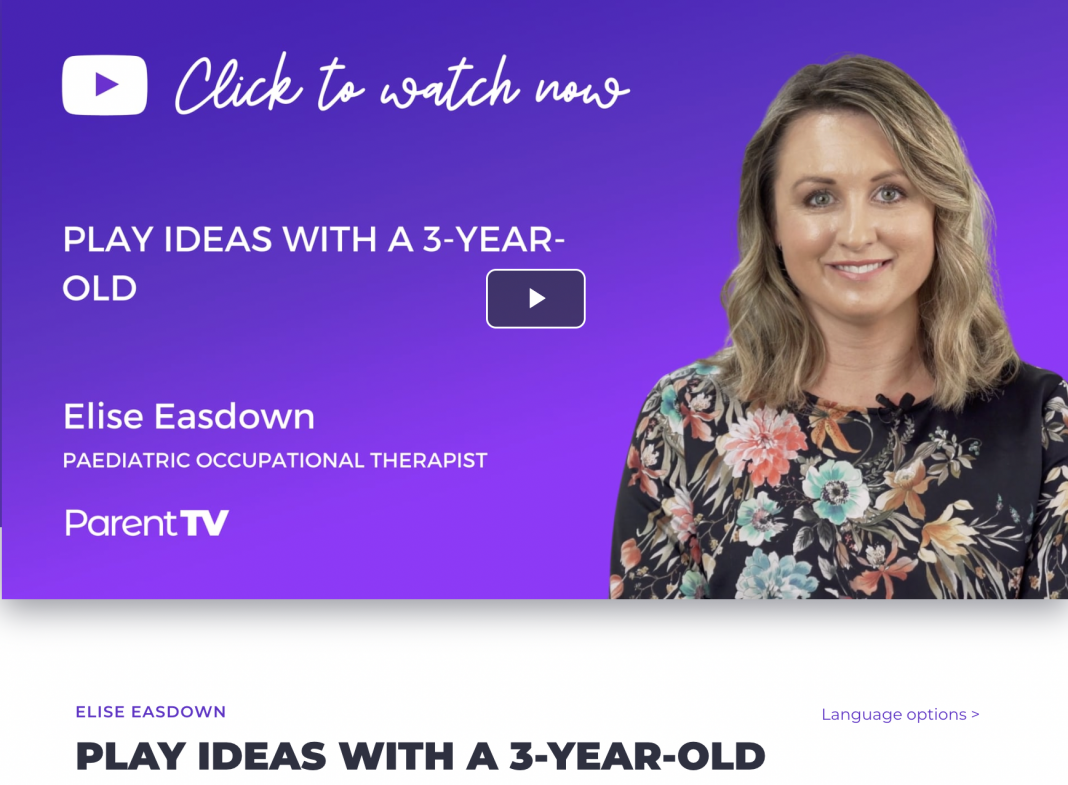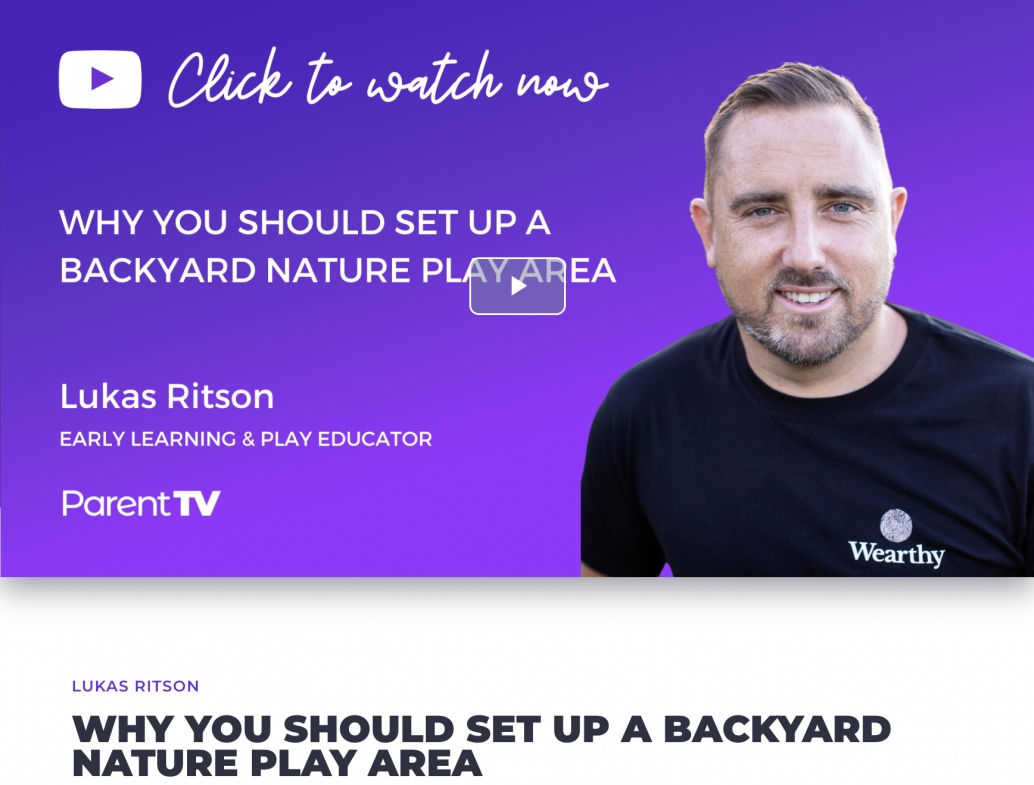Building babies' brains through play
Categories: General Parenting
Building Babies’ Brains Through Play: Simple Tips and Insights
Helping babies grow and learn through play is one of the best things parents and caregivers can do. The latest research shows that play is a powerful tool for brain development in the early years of life. Here, we’ll look at why play is so important and share simple ways to make playtime effective for building your baby’s brain.
Why Play Matters for Brain Development
- Cognitive Development: Play helps babies learn to think and solve problems. Simple games like peek-a-boo or stacking blocks improve memory and attention. Studies show that unstructured play boosts skills like planning and focusing.
- Emotional and Social Development: Play teaches babies how to express and manage their emotions. When babies play with others, they learn to share, take turns, and empathize. This builds strong emotional bonds and helps them get along with others.
- Language Development: Playing with your baby can help them learn to talk and understand language. Singing songs, reading books, and having conversations during playtime all help expand their vocabulary and comprehension.
Types of Play That Boost Brain Power
Different kinds of play help develop different skills. Here are a few types of play that are especially good for brain development:
- Sensory Play: Activities that involve touch, smell, sight, sound, and taste help babies learn about the world. Playing with textured toys, sand, or water stimulates their senses and brain development.
- Physical Play: Crawling, climbing, and dancing build physical strength and coordination. These activities are also important for brain areas that control movement and thinking skills.
- Constructive Play: Building with blocks or stacking cups helps babies learn to solve problems and understand how things fit together. This type of play develops fine motor skills and hand-eye coordination.
- Pretend Play: When babies use their imagination, like pretending to cook or care for a doll, they learn to think creatively. This kind of play also improves language skills as they describe what they are doing.
Tips for Supporting Brain Development Through Play
- Create a Safe and Fun Space: Make sure the play area is safe and has a variety of toys that encourage exploration. Rotate toys to keep things interesting and challenging.
- Follow Your Baby’s Lead: Watch what your baby is interested in and join in their play. Let them explore at their own pace. This builds their confidence and independence.
- Play Together: Spend time playing with your baby. Talk to them, ask questions, and imitate their actions. This not only helps them learn but also strengthens your bond.
- Get Outside: Outdoor play offers new sensory and physical experiences. Take walks, play in the park, and explore nature to stimulate your baby’s senses and motor skills.
- Incorporate Music and Movement: Sing songs, dance, and play with musical instruments. These activities are fun and help develop auditory and coordination skills.
- Limit Screen Time: The American Academy of Pediatrics advises no screen time for children under 18 months, except for video chatting. For older toddlers, keep screen time limited and choose high-quality content.
Conclusion
Playing with your baby is not just fun—it’s essential for their brain development. Research shows that play helps babies learn to think, solve problems, express emotions, and get along with others. By creating rich play experiences and spending quality time together, you can support your baby’s growth and set the stage for a lifetime of learning and happiness.
For more help and ideas on Building babies’ brains through play, check out these ParentTv videos below!



